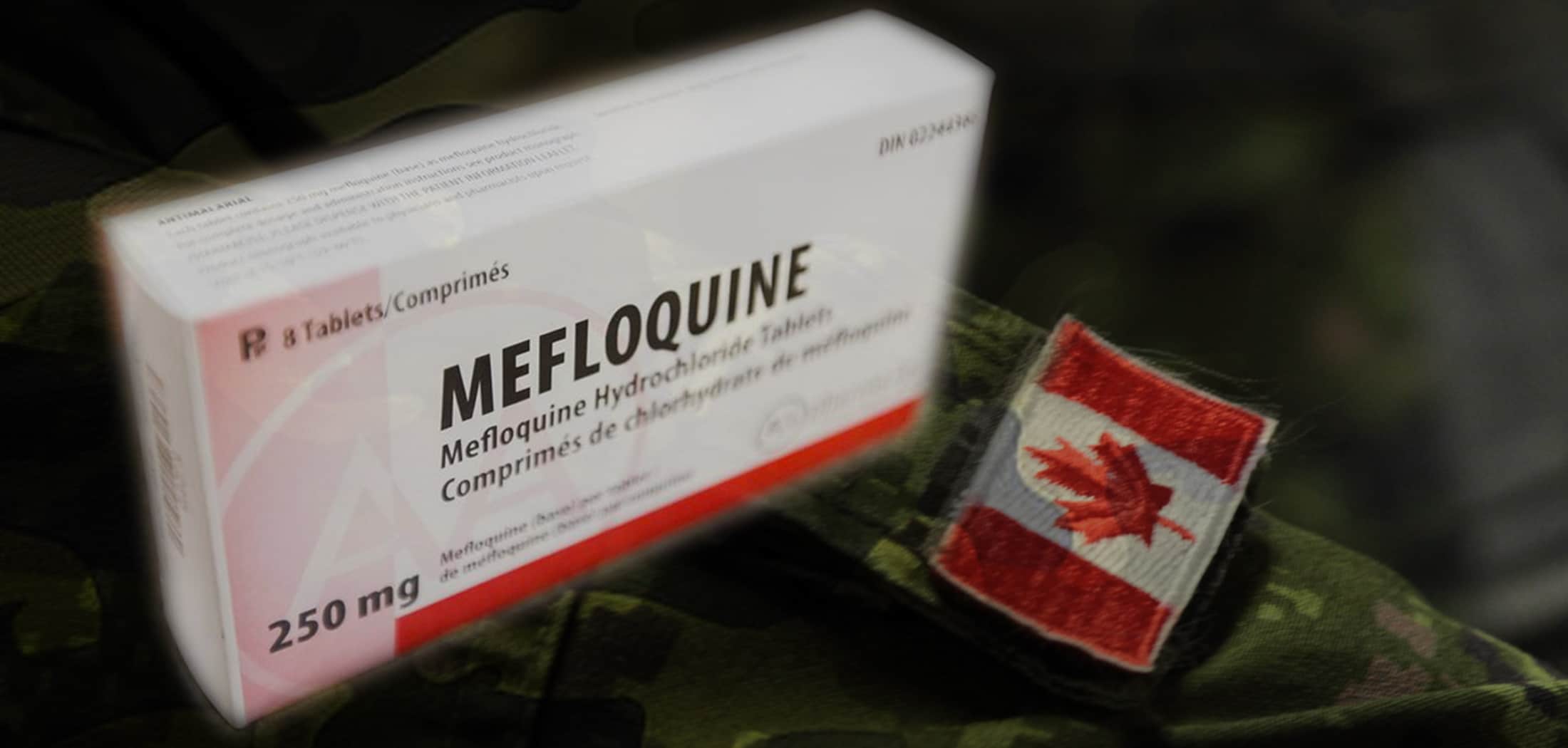Introduction to Mefloquine and its Effects
Mefloquine is an anti-malarial medication, which was often prescribed for members of the Canadian Armed Forces who were deployed to malaria-prevalent areas such as Somalia, Rwanda and Afghanistan.
However, there are many serious side effects associated with the use of Mefloquine, some of which are especially problematic for circumstances experienced by military personnel. These side effects include, but are not limited to: anxiety, paranoia, psychotic behaviour, depression, thoughts of suicide, and hallucinations.
The warning labels for Mefloquine by Health Canada were revised in 2016 to include the above side effects, emphasizing the severity and duration of these effects. Despite allegedly finding that Mefloquine does not have long-term effects, the Canadian Armed Forces now only prescribes Mefloquine as the last line of prevention or treatment for malaria.
Legal History and Action
In 2001, a class action was commenced for veterans who served in Somalia and who were ordered to take Mefloquine. This action was commenced in Ontario against the Canadian government, among others. However, in 2018 this class action was dismissed for delay.
In late 2018, Howie, Sacks & Henry LLP partnered with Waddell Phillips PC to represent individual mass tort claims for all veterans who were required to take Mefloquine from 1992 onwards.
For more information on the difference between a class action and mass tort actions, please see our article here.
The Mefloquine Issue
Canadian veterans who were deployed to various locations including Somalia, Rwanda and Afghanistan in the 1990’s and 2000’s, and who were required to take Mefloquine, have come forward claiming they are now suffering from serious and long-term side effects from the anti-malarial drug.
Many veterans claim they suffered one or more of these significant side effects after they were ordered to take the anti-malaria drug, which was initially prescribed as part of a clinical trial in Somalia, and then afterwards adopted by the military as their anti-malarial drug of choice. One of the main issues is that the clinical trial did not follow proper procedure. Among its failings, the veterans were not asked to provide their consent and potential side effects were not disclosed to them prior to the trial. Later on, for missions such as those in Rwanda and Afghanistan, the government continued to fail to disclose to its troops the potentially permanent side effects.
As a result, they claim the federal government did not meet its duty of care. Veterans are now seeking compensation for the harm and injuries they have suffered as a result of that negligence on the part of their government.
Mefloquine is rarely used today in the Canadian military. It was announced in June 2017 by the Department of National Defence that Mefloquine would only be used if someone in the Canadian Armed Forces specifically asked for it, or if there are particular issues with the other anti-malarials (i.e., allergy, interaction or contraindications with other drugs, etc.).






